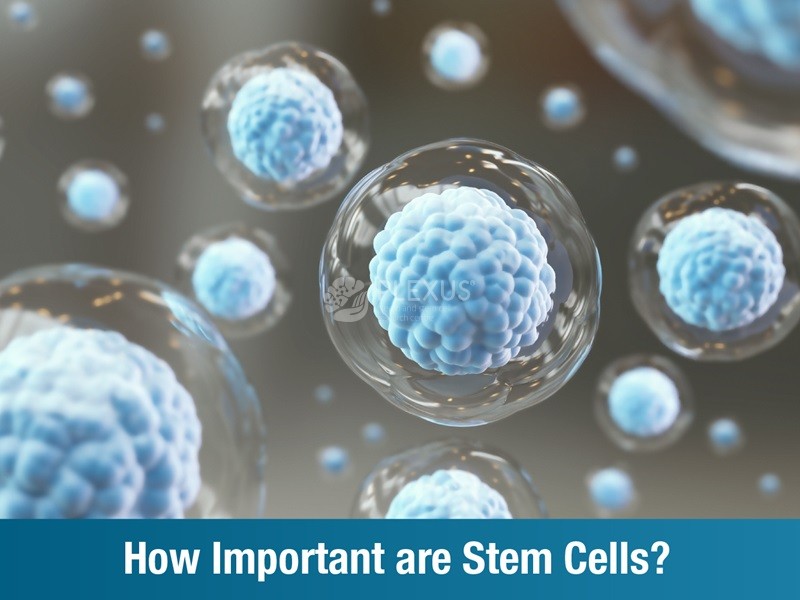
Stem cell therapy offers more than just a ray of hope for people with chronic intractable conditions. However, as is the case with any new form of medicine, stem cell therapy also comes with its own set of controversies.
Across the world, even as we speak, there are several approved clinical trials being conducted to prove the efficacy of stem cells to treat and/or manage a variety of conditions. Based in Bangalore and Hyderabad, Plexus Neuro and Stem Cell Research Centre is India’s first ISO-Certified stem cell center with over 35 years of clinical experience. Founded by renowned neurologist and stem cell specialist, Dr Na’eem Sadiq, Plexus offers regenerative rehabilitation for a variety of neurological, neurodegenerative, orthopedic, and childhood disorders.
Stem cell research in India
Stem cell therapy requires a greater boost from the government to propel it forward and make it an acceptable and accessible form of treatment within the country. The significant amount of biomedical research needs to be substantiated with domain experts to guide the researchers, and partner with relevant organizations to provide path-breaking therapies for chronic conditions. The inclusion of stem cell research in the medical curriculum will encourage students and young scientists to take greater interest and create the required mass impact in this field.
Presently, research is underway to identify the potential and longevity of stem cells in organ regeneration and transplantation, as well as replacement of tissues such as skin and muscles post injury/trauma. As regulators of stem cell multiplication at both the genomic and proteomic levels have been identified, it has become easier to control stem cell culture under laboratory conditions. The National Centre for Cell Sciences (NCSS), Institute for Stem Cell Science and Regenerative Medicine (inStem), and Centre for Cellular and Molecular Biology (CCMB) are among the few research institutions working towards path-breaking regenerative interventions.
The “National Guidelines for Stem Cell Research” was launched by the Indian Council of Medical Research (ICMR) in 2017. These guidelines are an essential framework for safe and ethical stem cell research and therapy.
Additionally, the Central Drugs Standard Control Organisation under Directorate General of Health Services (Ministry of Health & Family Welfare) is in the process of setting up further regulations for stem cell research, stem cell therapy, cord blood banking, and other related procedures to product quality and patient safety.
Significance of stem cells
Stem cells are progenitor cells that can transform and/or multiply into specialized cells. They are the primal cells of all multicellular organisms.
Through a laboratory procedure known as differentiation, stem cells procured from one part of the body have the potential to become/grow into other kinds of cells. Injected stem cells or daughter cells work to repair the body and generate healthy cells that can replace the cells damaged by disease.
Due to their ability to self-renew and differentiate, stem cells play an important role in regenerative medicine. While traditional medicine focuses only on managing reducing the severity of symptoms, stem cell therapy aims to restore function and expedite the body’s natural healing process.
Freezing of stem cells
Cryopreservation or freezing plays a critical role in stem cell research and therapy. Since stem cells are sensitive to external environmental factors such as temperature, their quality (and efficacy) may be compromised over time. Cryopreservation is the process by which stem cells can be stored or preserved at extremely low temperatures. The process helps preserve the viability of stem cells for future use.
The advantages of freezing stem cells (often using liquid nitrogen) include:
- Prevention of cellular damage
- Slowing down of cellular metabolism
- Supporting stem cell research (studying differential potential, cell properties, as well as genetic characteristics)
Contrary to popular belief, autologous stem cells (taken from the patient directly) can also be cryopreserved and infused back into the patient at a later stage against specific diseases.
Research indicates that organs generated from stem cells can also be cryopreserved in order to extend their availability and even ensure successful transplantation.
The pros of cryopreservation also need to be addressed when we talk about freezing stem cells, whether they’ve been sourced from bone marrow, umbilical cord, or any other tissue. The pros include:
- Uncertainty of cell viability: Since cryopreservation involves freezing and thawing of stem cells, there isn’t enough research to suggest whether the efficacy and quality of stem cells can be preserved completely for extended periods. Some studies claim you can freeze stem cells for up to 10 years, while others suggest cryopreservation maintains the integrity of cells for decades.
- Regulatory and ethical issues: The controversy around the sourcing of embryonic stem cells (ESCs) is well known. Additionally, the freezing of ESCs and other stem cells is also considered to be unethical by many.
While technical challenges, ethical concerns, funding, and regulatory support need to be addressed for long-term research on the viability of stem cells and their potential applications, the fact remains that stem cell therapy holds incredible promise for revolutionising medicine.
There is always hope!










